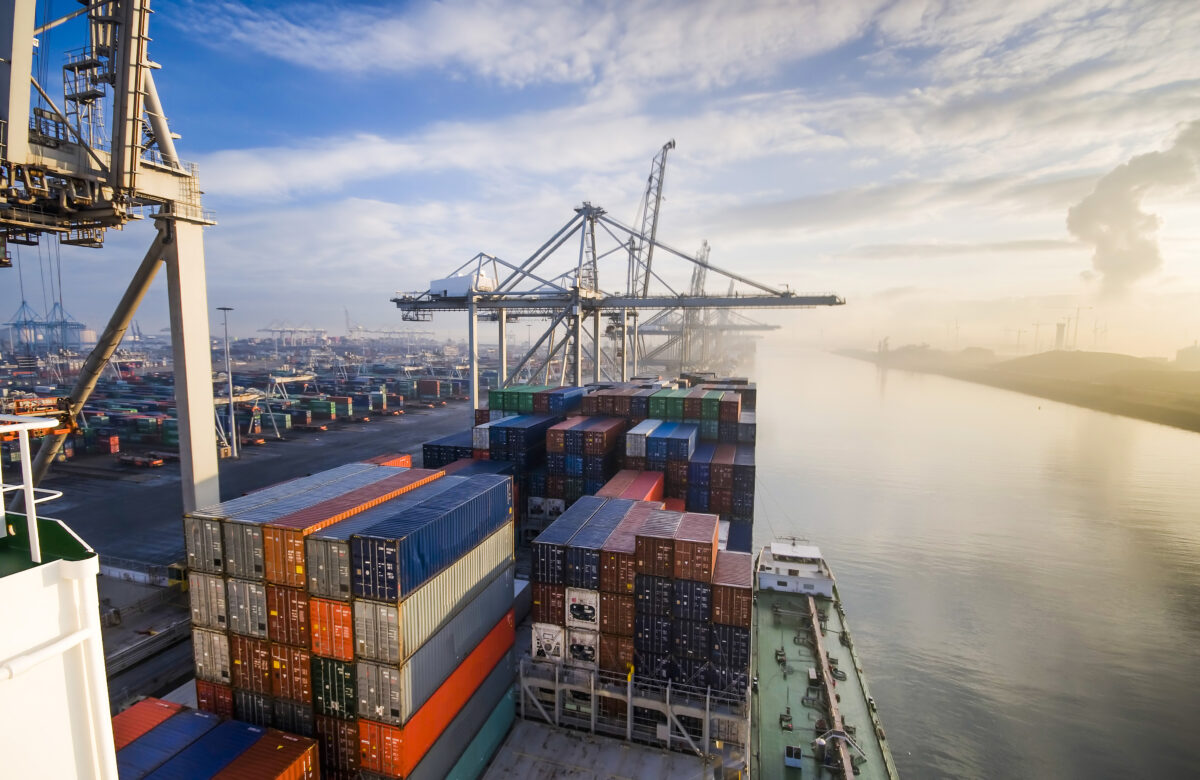On 23 June 2016 Great Britain voted in favour of Brexit. Great Britain will now leave the EU. Probably this will have considerable consequences for enterprises. Apart from changes for the freedom of movement of workers and the necessity of work permits also the trade of goods between Great Britain and the European Union will be affected.
Enterprises, in particular, have to pay attention to new developments concerning customs duties and turnover tax. After Brexit Great Britain is to be considered as a non-member country/a third country. The consequences of Brexit, however, will start with the actual date of leaving and not already after the referendum.
Great Britain has intensive commercial relations with the EU. Therefore, we must take into account that there will be disruptions in this connection. Up to now the export to the EU amounted to 45% for goods and services (£230 billion) and 53% for imports (£289 billion).
Enterprises exporting goods to Great Britain or importing goods from there now should think about the following:
- Do I have to pay customs duties for imports to England, Scotland or Wales?
- Will the United Kingdom join the EU internal market again?
- Are deliveries to Great Britain free of V.A.T.?
- Am I still allowed to include deliveries for Great Britain in the recapitulative statement to the tax office?
- Is it allowed to use Carnet ATA any further after Brexit for business relations with the United Kingdom?
New customs duties for the trade with Great Britain conceivable
The main problem for enterprises will probably be that the movement of goods could be restricted again. For, losing the EU membership could also mean losing the access to the internal market of the EU. Inside of the internal market goods can move free between the countries without formalities and without duties. We could speak of a gigantic free trade zone in this connection.
In principle, the access to the internal market is linked to the EU-membership. Losing the membership, therefore, means that goods imported or exported to the United Kingdom after Brexit have to be cleared through customs again. It is also possible that the EU will impose duties on goods from England, Scotland or Wales after Brexit. Taking into account an average duty of about 4%, enterprises will be faced with considerable additional costs. For such goods import-VAT would have to be paid also.
We have to wait and see whether Great Britain will introduce duties for exports from the EU after their Brexit or whether the EU will do this for imports from the United Kingdom. In any case the law of the WTO will guarantee that no discriminating duties or duties with a punitive character will be imposed. According to the most-favoured-nation principle advantages in trade that are granted to a contractual partner must be granted to all the contractual partners for reasons of equality of rights. Advantages in trade, therefore, shall not be granted to single countries or a few states only. It is unlikely, therefore, that exorbitant duties – so to speak as punishment for the Brexit – will be imposed by the EU for imports from the UK.
It is possible, however, that antidumping duties will be imposed on products from the United Kingdom. In the year 2005, for instance, the EU imposed an antidumping duties of 16% on Norwegian salmon. Something similar could be done for products from the United Kingdom. In this case, however, strong formalized proceedings would be necessary and there must be price dumping in fact.
Free trade agreement between UK and EU?
It is also possible that Great Britain will conclude a new agreement with the EU, which will permit a further access to the internal market. Whether such an agreement or also a free trade agreement between the EU and Great Britain is precisely what it wanted by the EU after the Brexit, might be doubtful. On the other hand Great Britain is an important economic power, so also the EU should have a natural interest not to bring the trade to a standstill after Brexit.
It is also possible that Great Britain will join the European Free Trade Association (EFTA). Previously Great Britain was a founder member, before it decided to join the European economic area. As EFTA has no free trade agreement with the EU, however, this option rather would be an uninteresting one for Great Britain.
Enterprises will have to change their attitude for their customs clearings, too. Those, who worked with English customs agents, who imported via England or who used binding tariff information from Great Britain, probably will have some work to do now.
New trade agreements are necessary
We will have to wait and see how the United Kingdom will reorganize its trade agreements. Up to now the country takes advantage of a great number of trade agreements concluded by the EU. Among these are in particular the free trade agreements with Switzerland and e.g. South Korea. The last agreement was concluded with Canada and at present an agreement with the United States is negotiated (TTIP). The access to these markets probably would not be possible any more under the existing free trade agreements. In any case these agreements would have to be negotiated again.
Also existing preferential agreements probably could not be used anymore without new negotiations, so it seems that they have to be concluded anew. Only in this way it would be possible to guarantee that tariff preferences for enterprises importing to Great Britain will survive.
Great Britain, therefore, will have to conclude new agreements with a lot of countries on a bilateral level or at least will have to negotiate the existing agreements anew.
Substantial changes for the Turnover Tax Law after Brexit
Up to now shipments to Great Britain constituted so-called intra-Community supplies which were exempted from VAT. As soon as Brexit is in force, those supplies then have to be handled as export supplies to a third country territory. Even supplies between several parts of enterprises in Germany and the UK cannot be seen as intra-Community forwarding any more. Customs declarations and VAT declarations will be necessary in these cases. Even the reimbursement of input VAT will be governed by the regulations for non-member countries.
Carnet ATA after Brexit
Questions also arose whether a further use of Carnet ATA for Great Britain is possible. As Great Britain is still a member of the EU, Carnet ATA can be issued in the same way as before. The United Kingdom will issue Carnets ATA in spite of Brexit as long as the country has not actually left the EU.
Transitional period for Brexit
It cannot be foreseen at the moment how the situation for enterprises will develop exactly and what measures will be taken precisely. After the Brexit decision Great Britain now has to ask the European Council for the formal cancellation of their membership. After this a two year transitional period begins and within this period the decisive changes should be clarified. Enterprises concerned should observe the developments carefully.
Any questions on Brexit and the challenges for your company? Please do not hesitate to contact us under +49 40 369615-0.
Dieser Artikel wurde am 9. August 2018 erstellt. Die fachliche Zweitprüfung hat Rechtsanwalt Dr. Tristan Wegner durchgeführt.

